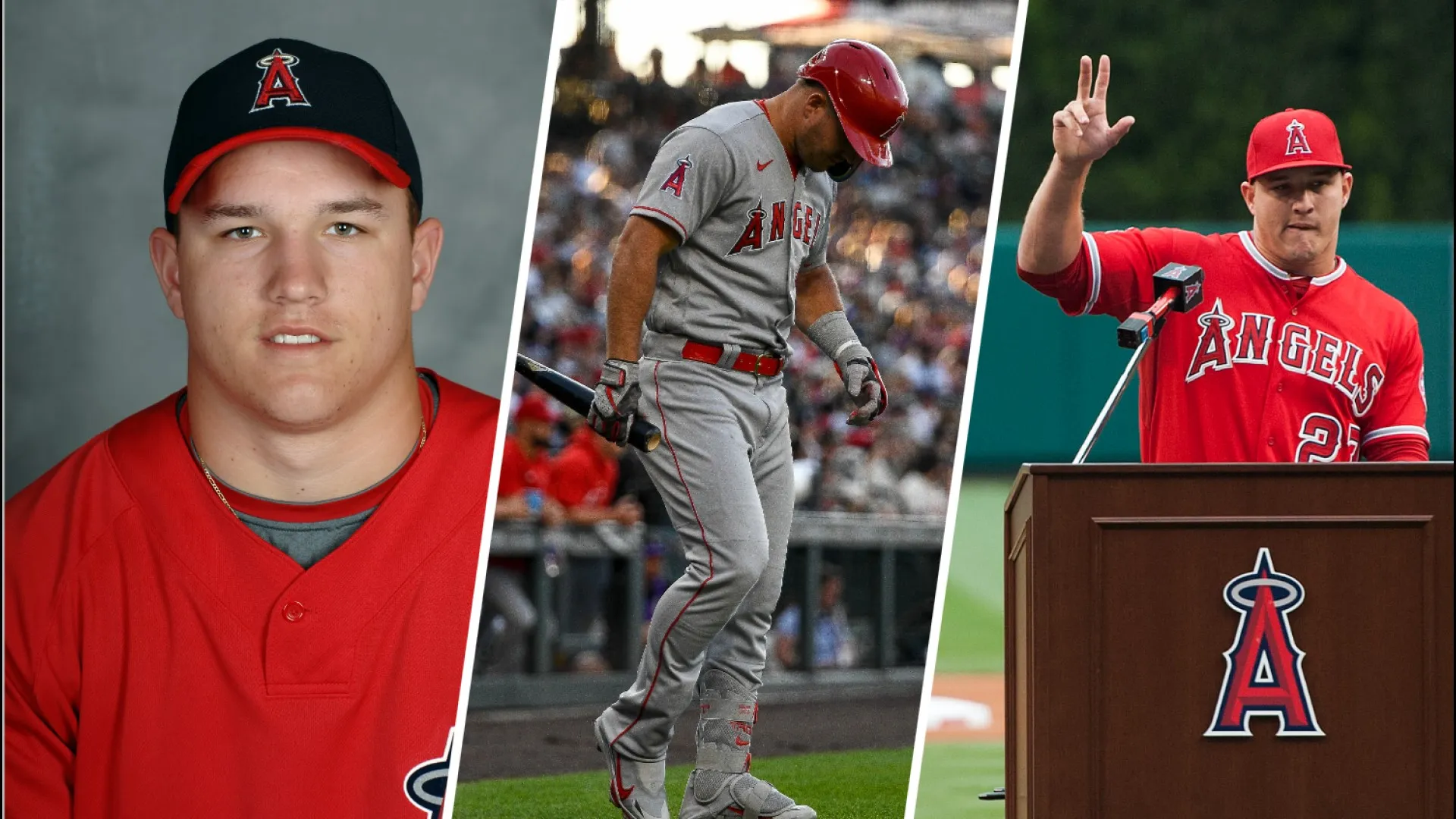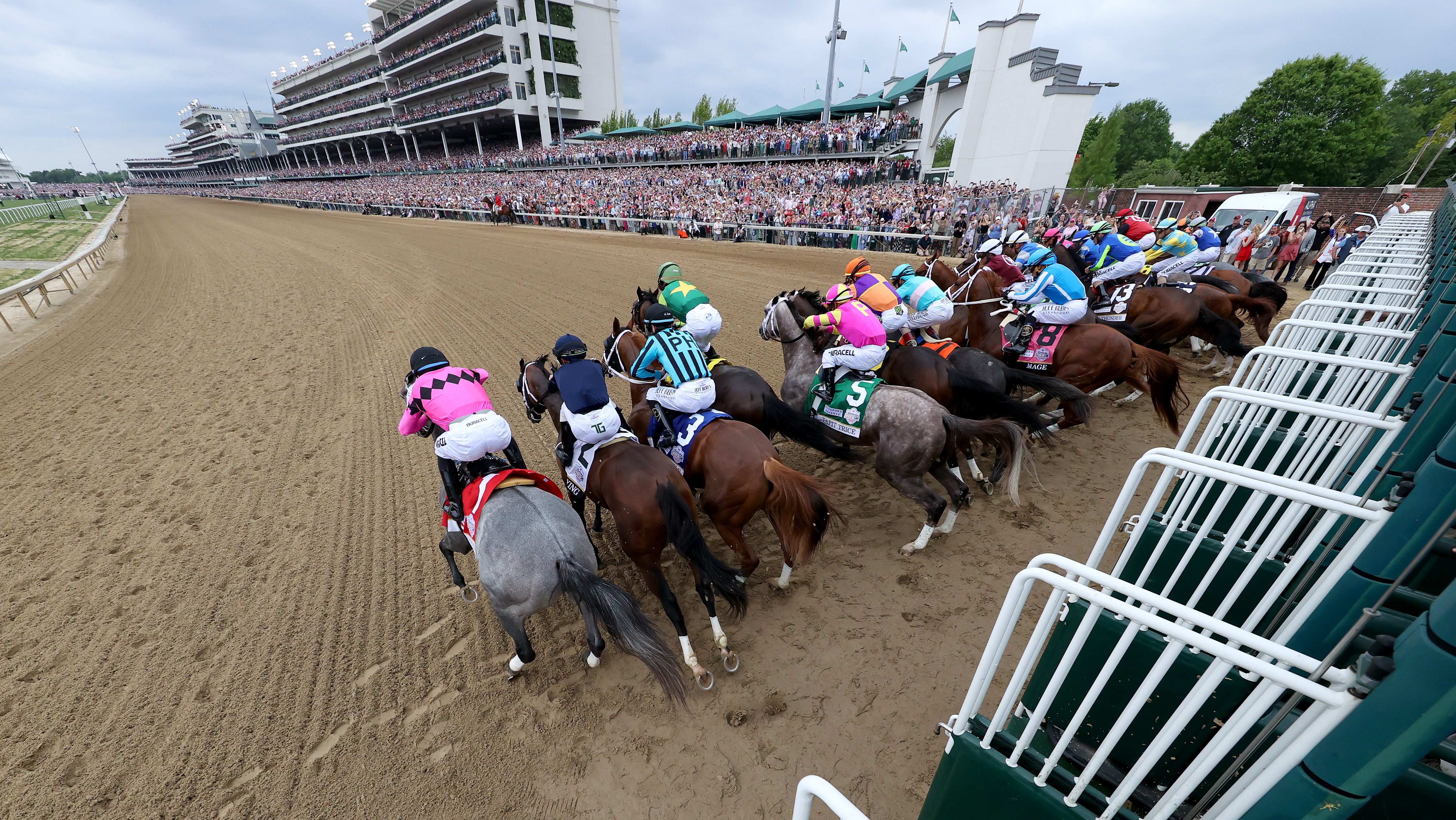
Quintin Mikell and David Akers have been in the news a lot lately. Two of the final three remaining members from the 2004 Eagles team that reached the Super Bowl become free agents whenever the new league year begins, and they both say the writing is on the wall.
"I talked to Dawk after he left, and he was pretty upset about it," Mikell said. "For me personally, seeing how upset he was, I think I started preparing for that back then. Mike Lewis and Dawk, seeing those guys go, I was like, 'Mentally be ready for that day, because it's going to happen, and it might happen sooner than you think.'
It's typical Eagles, casting off aging veterans in favor of their younger counterparts, and it's a model the front office has been very successful with, often parting ways at precisely the right time--except this time, it's not just the old guys. Virtually every player the Eagles selected in this year's draft should be viewed as a direct replacement for a scheduled free agent, several of them only finishing out their rookie deals.
Stay in the game with the latest updates on your beloved Philadelphia sports teams! Sign up here for our All Access Daily newsletter.
The lack of a collective bargaining agreement has caused uncertainty over who is eligible to become an unrestricted free agent. A provision in the old agreement resulted in an uncapped year in 2010, during which the years of service required for unrestricted status jumped from four to six. Because nobody knows exactly what will happen, this led to the belief free agency could continue to operate under those rules.
In all honesty, that was always an unlikely premise. The rule changes triggered by the final year of the expired CBA were put in place as a feeble attempt to prevent a labor dispute. The thought process was the threat of an NFL with no salary cap would keep the owners honest, while a series of obscure rules limiting player movement would put pressure on the union.
We may not make it back to status quo, but there is no way the players will agree to anything that lengthens the wait until free agency. If you still need convincing though, take a closer look at the Eagles' draft class, and the list of players who would be unrestricted in a normal year.
2011 Draft: (1) running back, (1) fullback, (2) guards, (1) center, (3) linebackers, (1) cornerback, (1) safety, (1) kicker.
News
2011 unrestricted free agents: (1) running back, (3) guards, (1) defensive end, (4) linebackers, (2) cornerbacks, (1) safety, (1) kicker, (1) punter.
In case you are having trouble reading between the lines, the Eagles are preparing as if nobody will re-sign, and it's not just veterans like Mikell and Akers, or moving parts such as Dimitri Patterson and Ernie Sims. It's Max Jean-Gilles, a starter in 10 games last season; Jerome Harrison, who they swindled from the Browns in a trade last October; and Stewart Bradley, only two seasons removed from being a rising star at middle linebacker.
Prior the draft, I would have considered the return of several free agents likely, unrestricted or not. I really did not foresee the Eagles drafting another safety in the second round, Akers was tendered with the transition tag, and I hoped Bradley would show progress in his second season following an ACL tear. Now, none of their services are necessary.
Sure, anybody could come back... if the price were right. It has to be on the Eagles' terms though. Mikell should command top dollar as arguably the top safety on the market, not to mention years management would never match with Jaiquawn Jarrett in the fold. The transition offer to Akers may as well be rescinded, unless they are really going to have Alex Henery punting in his rookie season. Bradley probably has the best shot of all to don midnight green in '11, but only if he is willing to compete for a job.
We could do this all day. Curtis Marsh, a corner for all of one season, couldn't be any worse than Patterson. Why waste valuable instruction on the 28 year old Harrison when they have 20 year old Dion Lewis? Jean-Gilles, Nick Cole, and Reggie Wells are expendable now that they have Danny Watkins, Julian Vandervelde, and Jason Kelce, as are Sims, Omar Gaither, and Akeem Jordan to their Casey Matthews, Brian Rolle, and Greg Lloyd.
Obviously it's too soon to call anybody's draft a success, but it's enough to make you wonder how anybody could term the Eagles' haul bad, much less comically so as the Inquirer's John Gonzalez suggested the other day. They merely sought to replace players who are already out the door.
And are they losing anybody who is irreplaceable? A good kicker can be difficult to find, but Akers turns 37 this year, and the drama that unfolded over the winter--after he missed crucial field goals in the playoffs no less--hardly seems worth the trouble. Mikell is the most valuable of the bunch, and even he is somewhat one dimensional; one of the best in the box, but just average in coverage. And again, it's worth repeating he has a nice payday coming.
The Eagles passed on the household names in the first round, and failed to address seemingly obvious holes in the process. However, it would be incorrect to conclude they failed to draft for need, when if the roster holds up without any of their 15 upcoming free agents, they drafted out of practically nothing but immediate need. As a result, don't be surprised by the impact this year's class plays in the season ahead.


